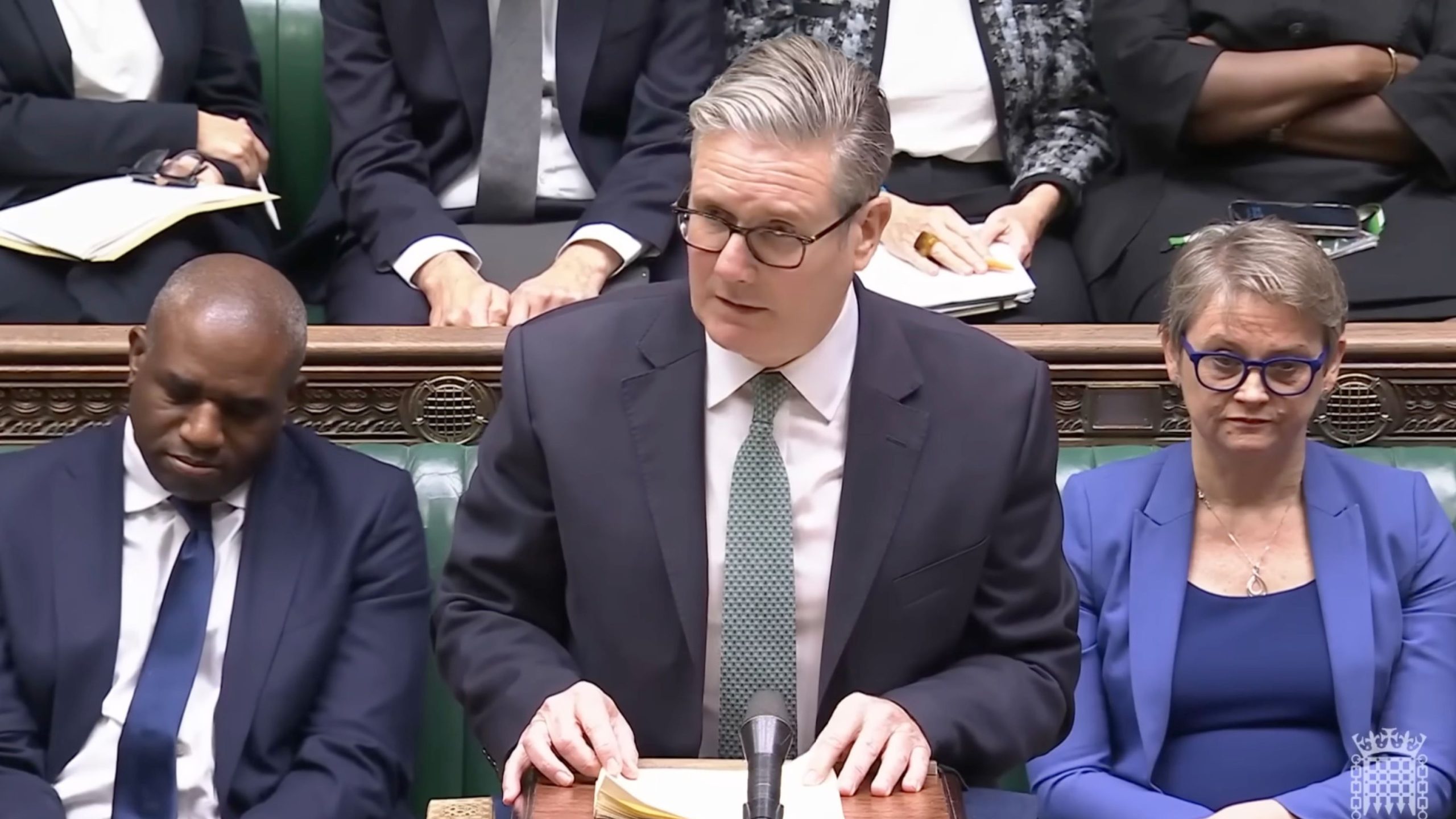The UK government’s push for a national digital ID system is drawing heavy fire from across the political spectrum, even as officials continue expanding its proposed uses.
During a parliamentary discussion on October 13, Science, Innovation and Technology Secretary Liz Kendall described a list of areas where she believes digital identification could be implemented.
Her suggestions ranged from accessing basic services like housing and childcare to more routine activities such as opening a bank account or buying alcohol.
Kendall dismissed concerns about the rollout, claiming that those speaking out against the scheme were engaging in “misinformation” and “scaremongering.”
“I think there is some scaremongering about this issue,” she said.
“Such schemes in other countries really have made Government fit around people, rather than making people fit into Government and their different services, and I think that is a huge benefit.”
At the same time, she held up Denmark, Finland, and Estonia as examples of how digital identity could be effectively integrated into public life.
Among the elements she praised were Denmark’s automatic school record linkage, Finland’s tie-in with child daycare services, and Estonia’s practice of issuing digital IDs at birth.
The track records of those countries, however, highlight significant questions. Denmark suffered a major breach in 2020 that revealed the ID numbers of over 1.2 million citizens. A separate flaw in 2022 meant some users were able to view other people’s bank accounts.
Estonia has experienced multiple lapses as well. In 2011, a software problem affected roughly 120,000 ID cards.
A more serious issue emerged in 2017, when about 760,000 cards had malfunctioning chip software.
And in 2021, personal identity photos of more than 286,000 people were accessed by a hacker.
Despite a petition signed by nearly three million people opposing digital ID, Kendall insisted the plan reflects what the public wants, stating, “trying to get Government services to talk to one another and work more effectively is what people want.”
Several MPs strongly disagreed. Julia Lopez, a Conservative, warned that requiring a digital ID for employment means people “cannot meaningfully consent,” pointing to international cases where digital ID infrastructure has made populations more vulnerable.
Liberal Democrat MP Victoria Collins accused the government of designing a system that would “exclude millions,” describing it as “mandatory in all but name.”
Conservative MP Ben Obese-Jecty called the scheme “alarming state overreach.”
SNP’s Pete Wishart was clear in his rejection, calling digital ID “an attack on our liberty and privacy” and promising firm opposition under a Labour-led administration.
Lewis Cocking, another Conservative, warned of an “authoritarian” direction and said British citizens “did not vote for a two-tier digital police state run by this failing Labour Government.”
Although the government frames the proposal as a way to improve efficiency and simplify service access, privacy advocates and members of Parliament continue to raise the alarm over the serious risks such systems pose to civil liberties, data protection, and democratic oversight.










